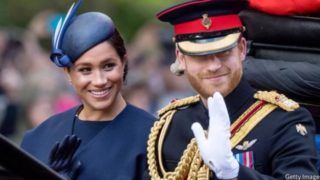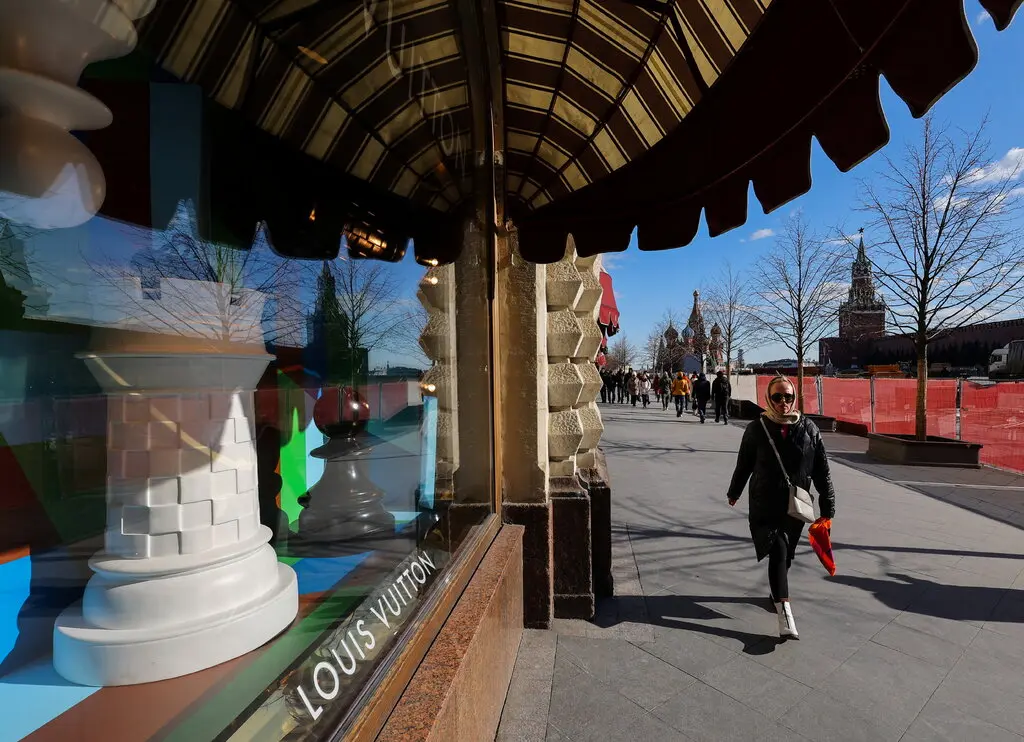The monarchy is funded by a mix of government largesse and private assets
“ALL I WANTED was enough money to get security and keep my family safe,” Prince Harry told Oprah Winfrey, a talk-show host, during his recent interview alongside his wife Meghan. Other revelations from the interview, including claims of racism within Britain’s royal household, explain why the Duke and Duchess of Sussex left the firm. The Sussexes are funding their life in California with splashy media deals, producing podcasts for Spotify, an audio-streaming service, and documentaries for Netflix, a video platform. Hawking themselves to the highest bidder is a far cry from the official engagements they left behind, and it remains to be seen whether it will prove as lucrative. Last year the Times reported the queen’s private wealth to be £350m ($486m), but the royal family’s total assets are worth many times that. Where does Britain’s royal family get its money from?
As head of state, the monarch technically owns the crown estate, a collection of land and assets that includes Ascot racecourse, a big chunk of central London and half of the foreshore (the coastal land between the high and low tide marks) in England, Wales and Northern Ireland. But the crown estate is run independently, and its profits—£345m last year—go to the government. Some of this money is then given back to the royal household, under what used to be called the “civil list”. This was worth £13.7m in 2011, most of which was used to pay staff. In addition, the monarchy also received “grants in aid” to cover travel, communications and the upkeep of palaces. In 2011 that amounted to £18.4m (£6m for travel, £11.9m for property and £500,000 for communications). In 2012, however, this funding was replaced by a single payment, the “sovereign grant”. This has risen rapidly, notably in 2016 to cover a pricey, decade-long refurbishment of Buckingham Palace, which is crumbling. (In 2007 falling masonry narrowly missed Princess Anne’s car.) The sovereign grant is now set at 25% of the crown estate’s annual profits (it will revert to 15% in 2027), and last year paid out £82.4m.
On top of this, the family pockets the income from the Duchies of Lancaster and Cornwall, which the queen and Prince Charles inherited as the monarch and monarch’s heir, respectively. These private estates are made up of land, property and financial assets. In 2017 it emerged that the Duchy of Lancaster invested millions in a Cayman Islands fund. (Duchy Originals, a company set up by Prince Charles to sell expensive biscuits and other “natural food”, is separate and its profits go to charity.) Last year the duchies’ assets were worth a combined £1.6bn, and they made annual profits of around £47m between them. This money pays for the royals’ private expenses, although Prince Charles pleads in mitigation that he gives some of his share to charity and pays income tax. Finally, although many of the palaces in which the royals live are held on behalf of the country, and so cannot be sold, they have other private property too. The queen, for example, inherited two country estates, Balmoral in Scotland and Sandringham in Norfolk, from her father, George VI.
The Sussexes’ life as working royals would have been paid for in part by the sovereign grant. Prince Charles also spent £5.6m in the year to March 2020 funding them and the Duke and Duchess of Cambridge, and Princess Diana left the bulk of her estate, worth around £13m after tax, to her sons. Prince Harry told Ms Winfrey that without this money from his mother the couple would not have been able to move to America.
This mix of private and government-funded income explains the royal family’s wealth, but does little to answer thornier questions over the monarchy’s value. Royalists will point out that, before the covid-19 pandemic at least, crown-loving tourists flocked to Britain, although the exact benefit is impossible to quantify. The queen pays income tax, and even council tax on Buckingham Palace, even though she is not obliged to. By leaving the royal household and singing for their supper, Harry and Meghan will hope to avoid such scrutiny. But the price will be an income that is certainly less secure, and perhaps less generous too.
By The Economist





